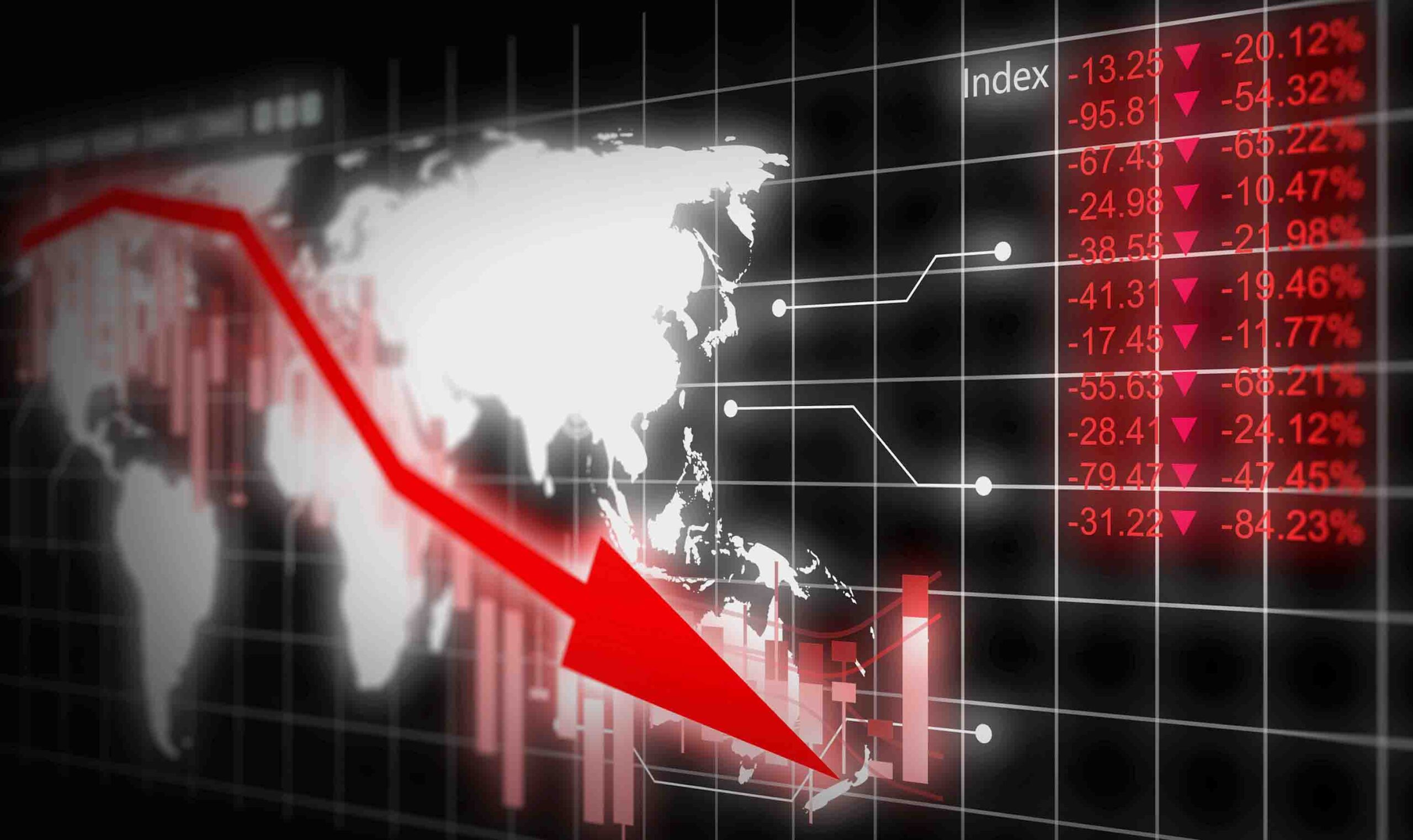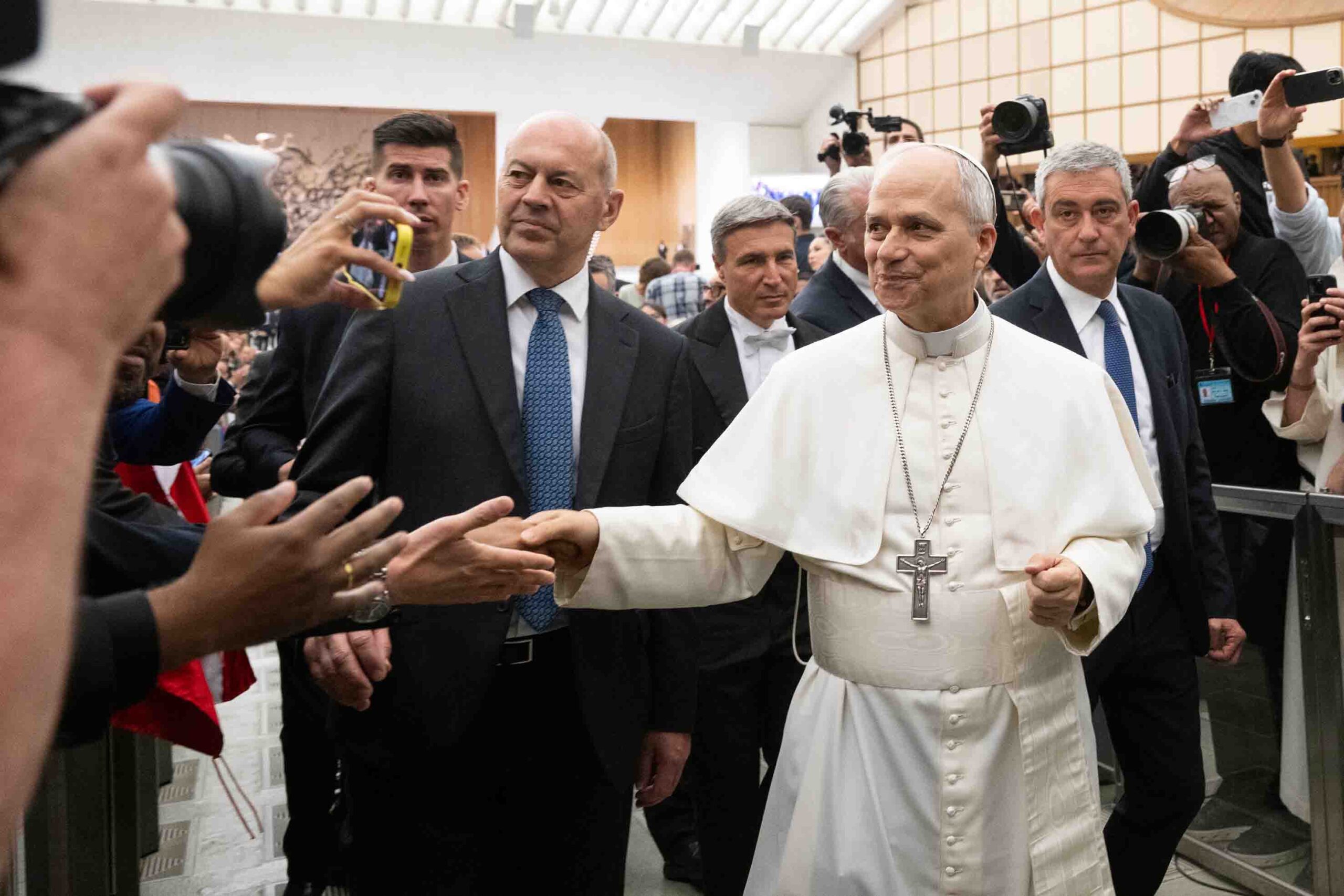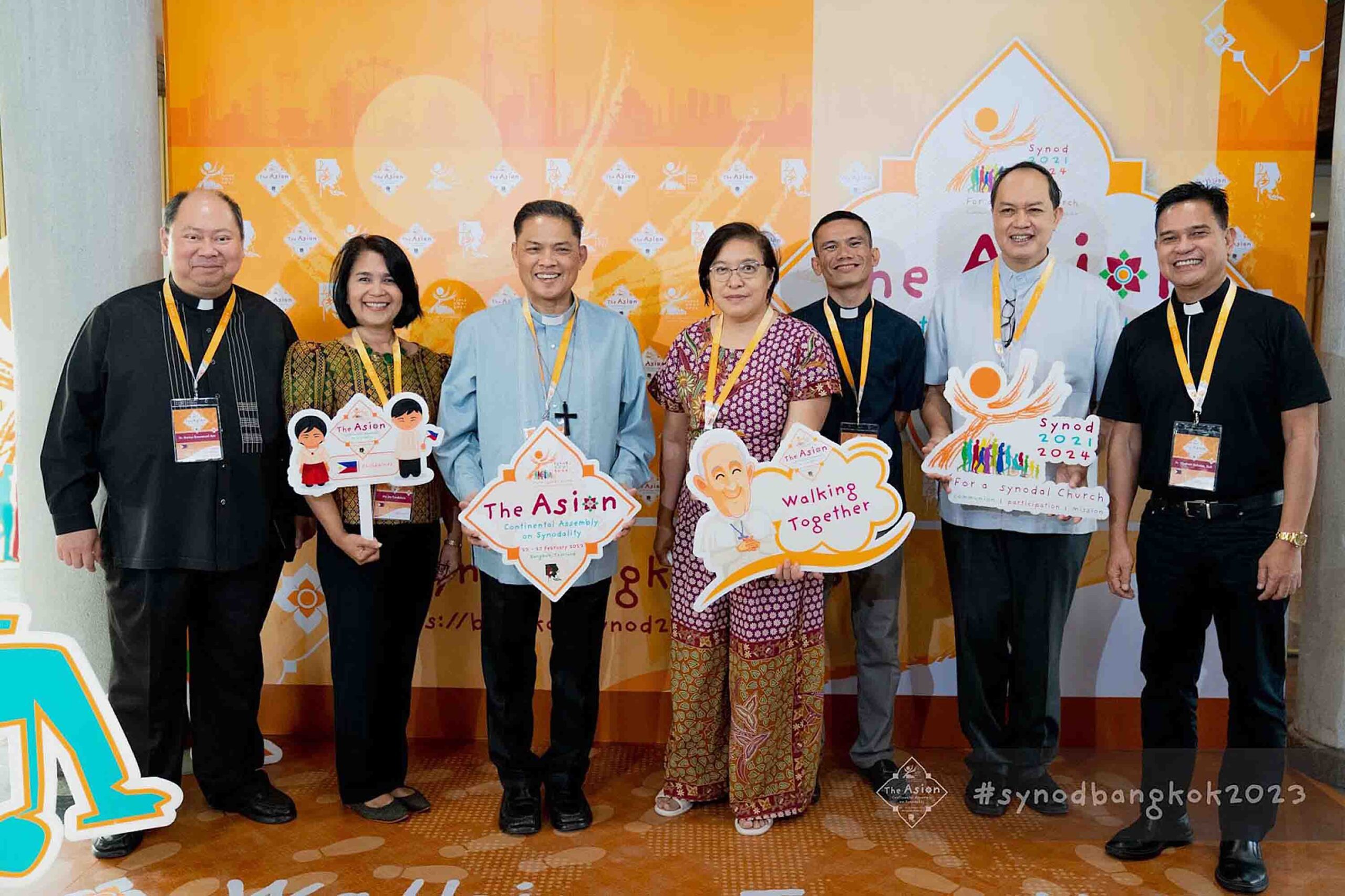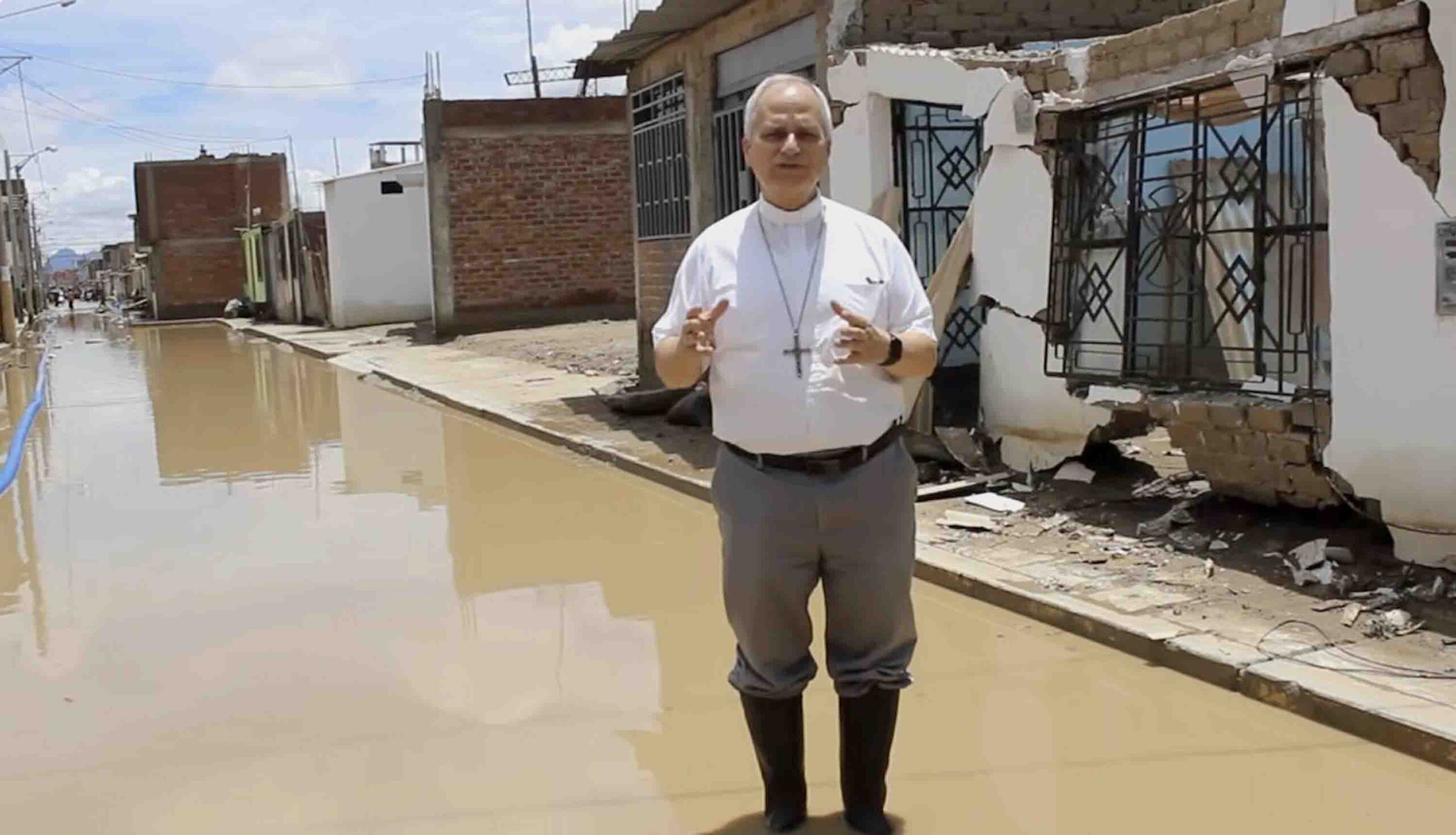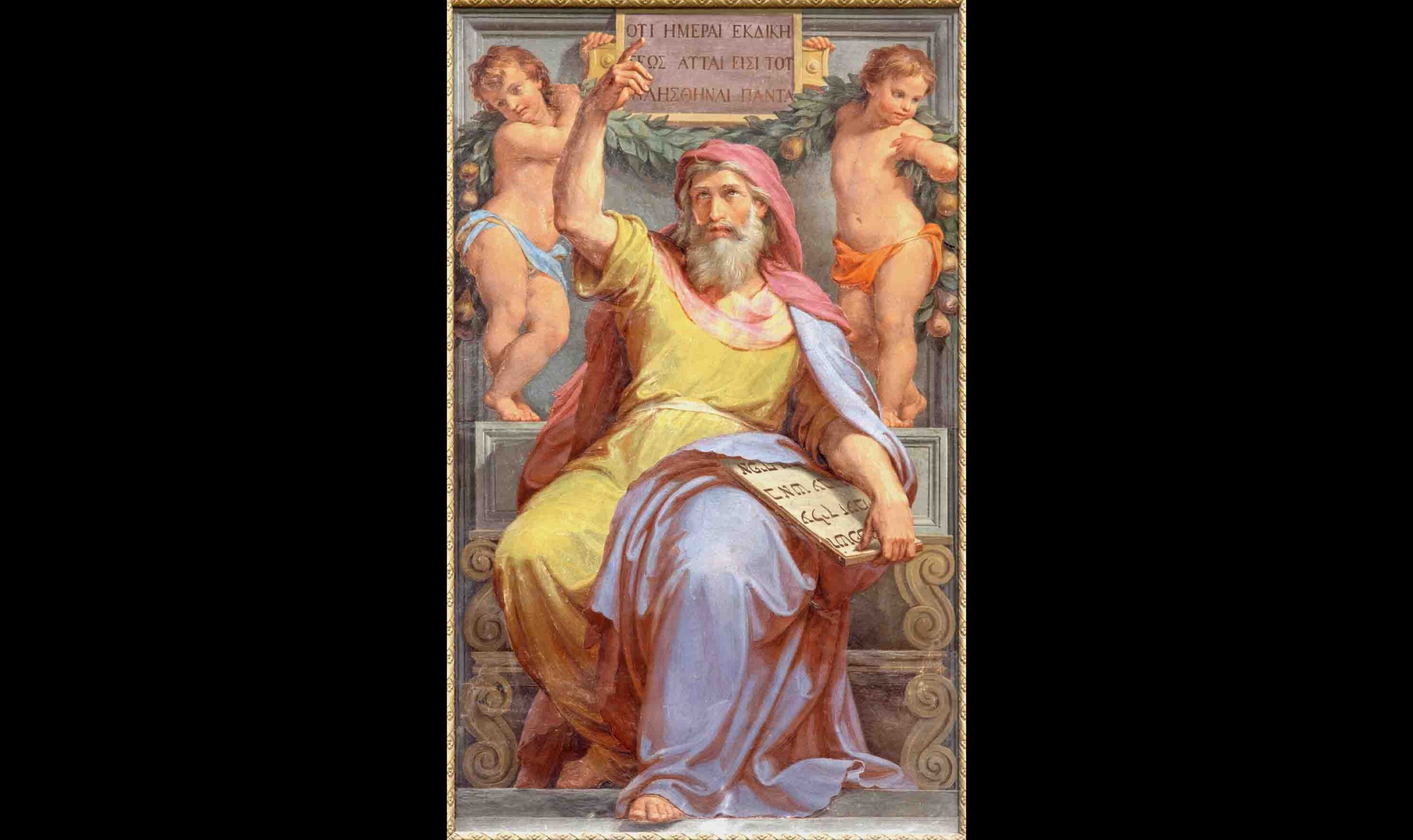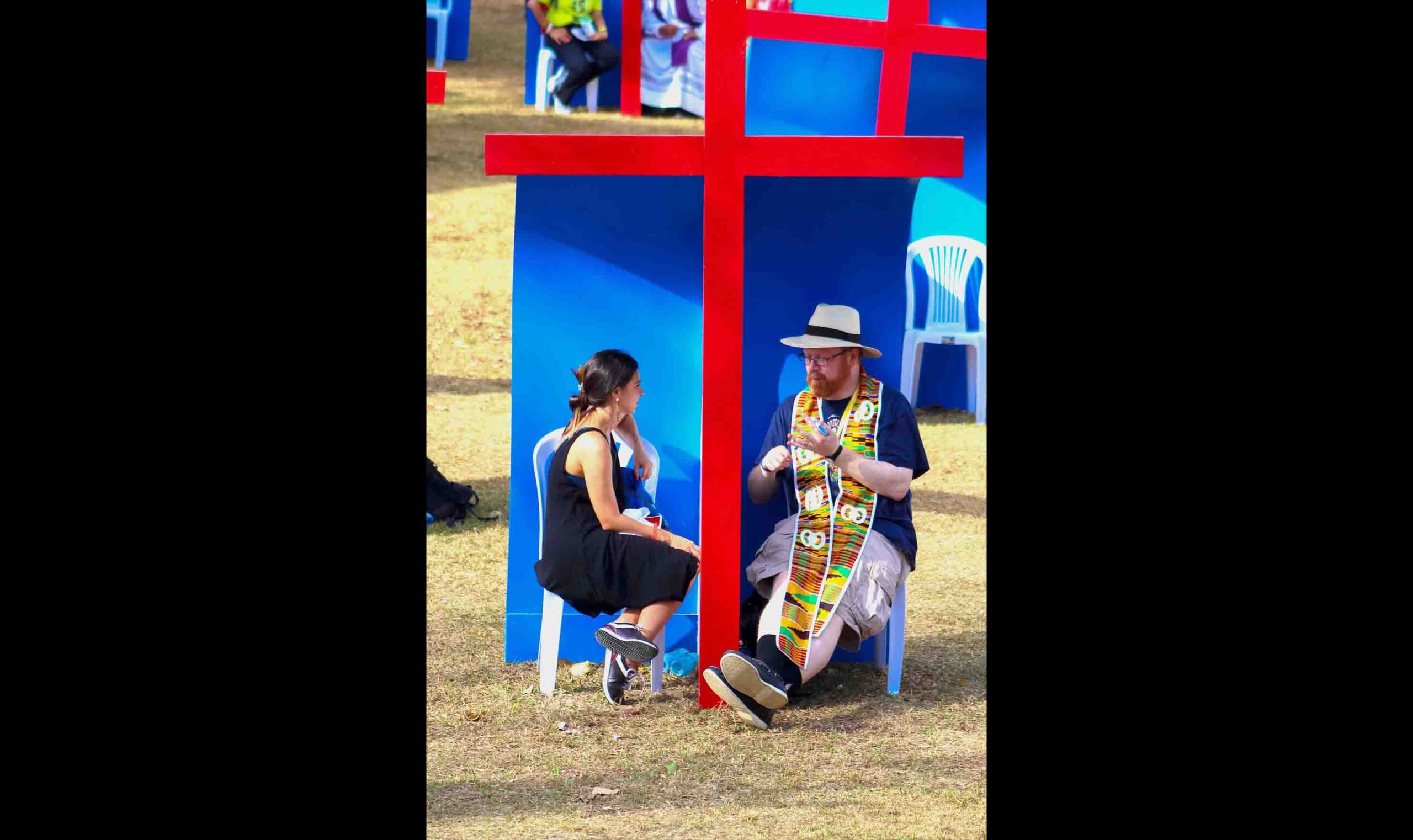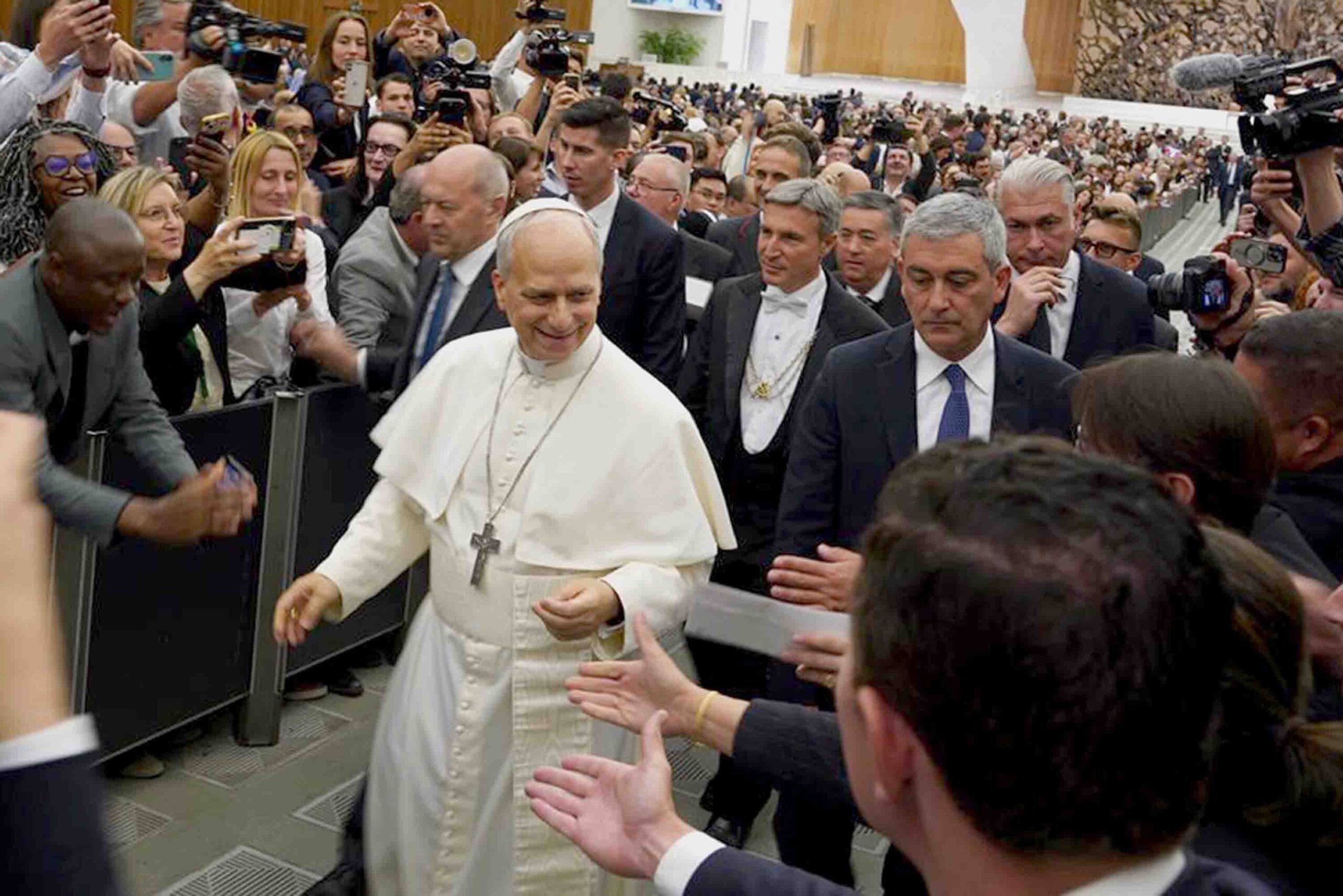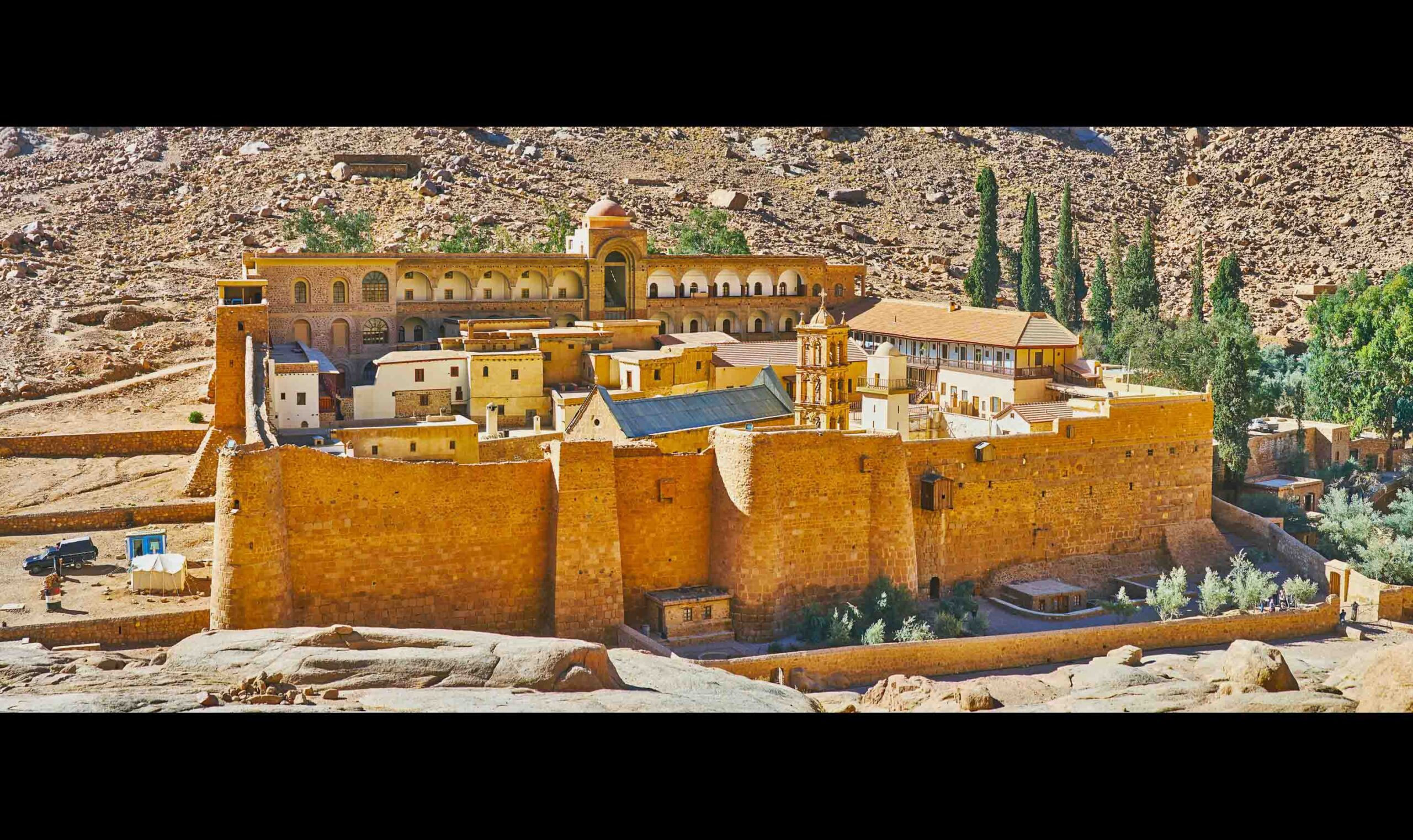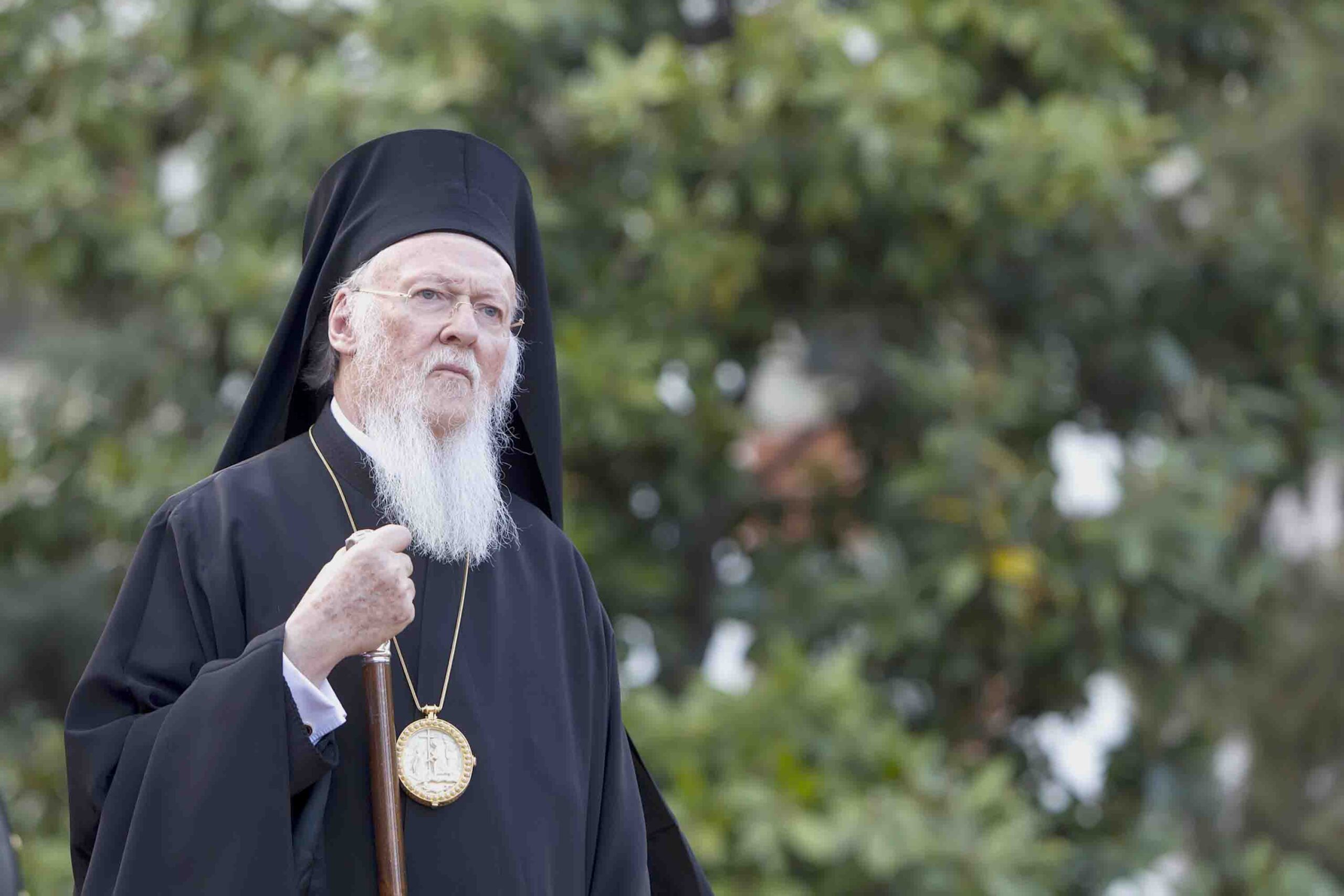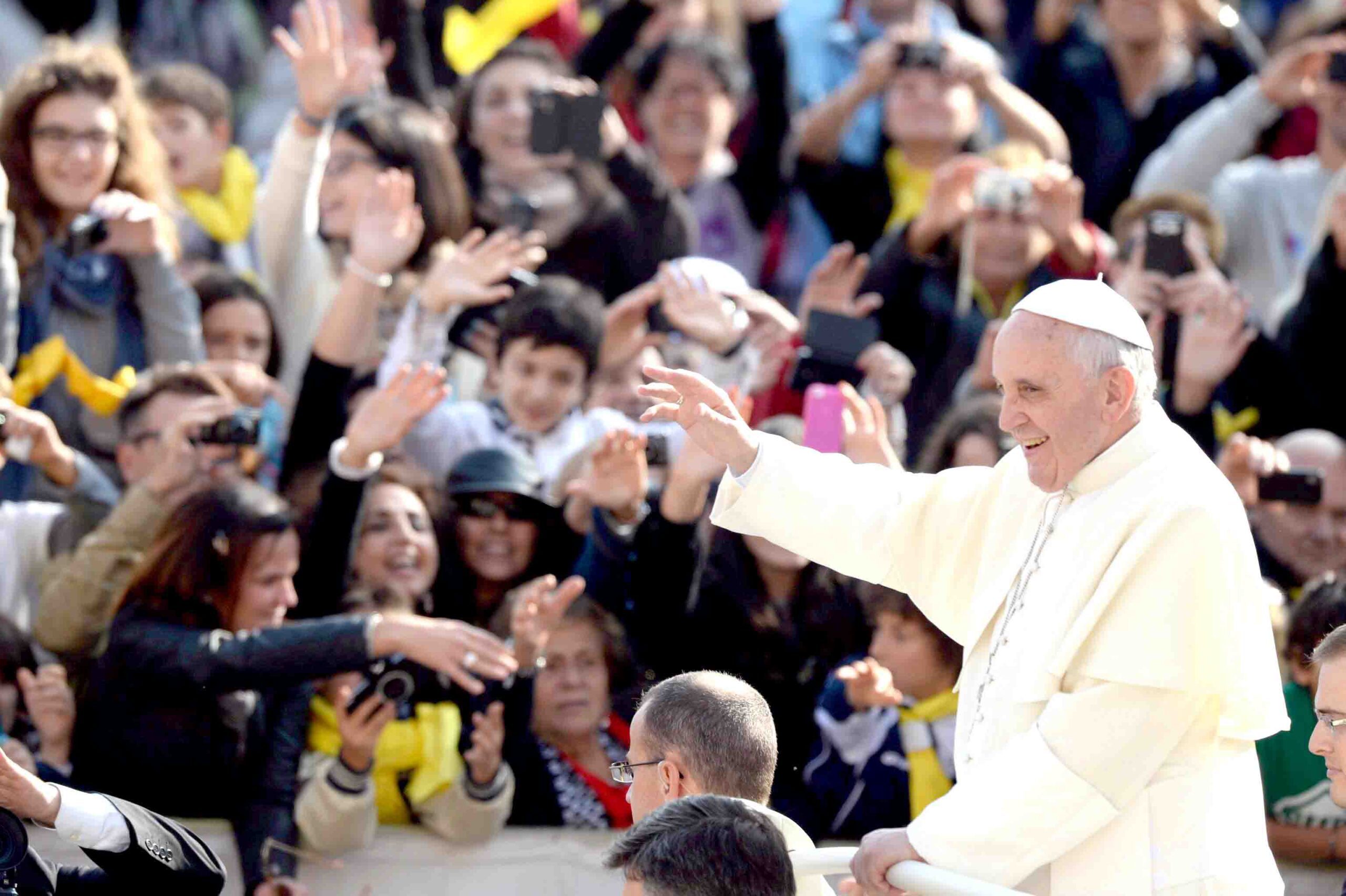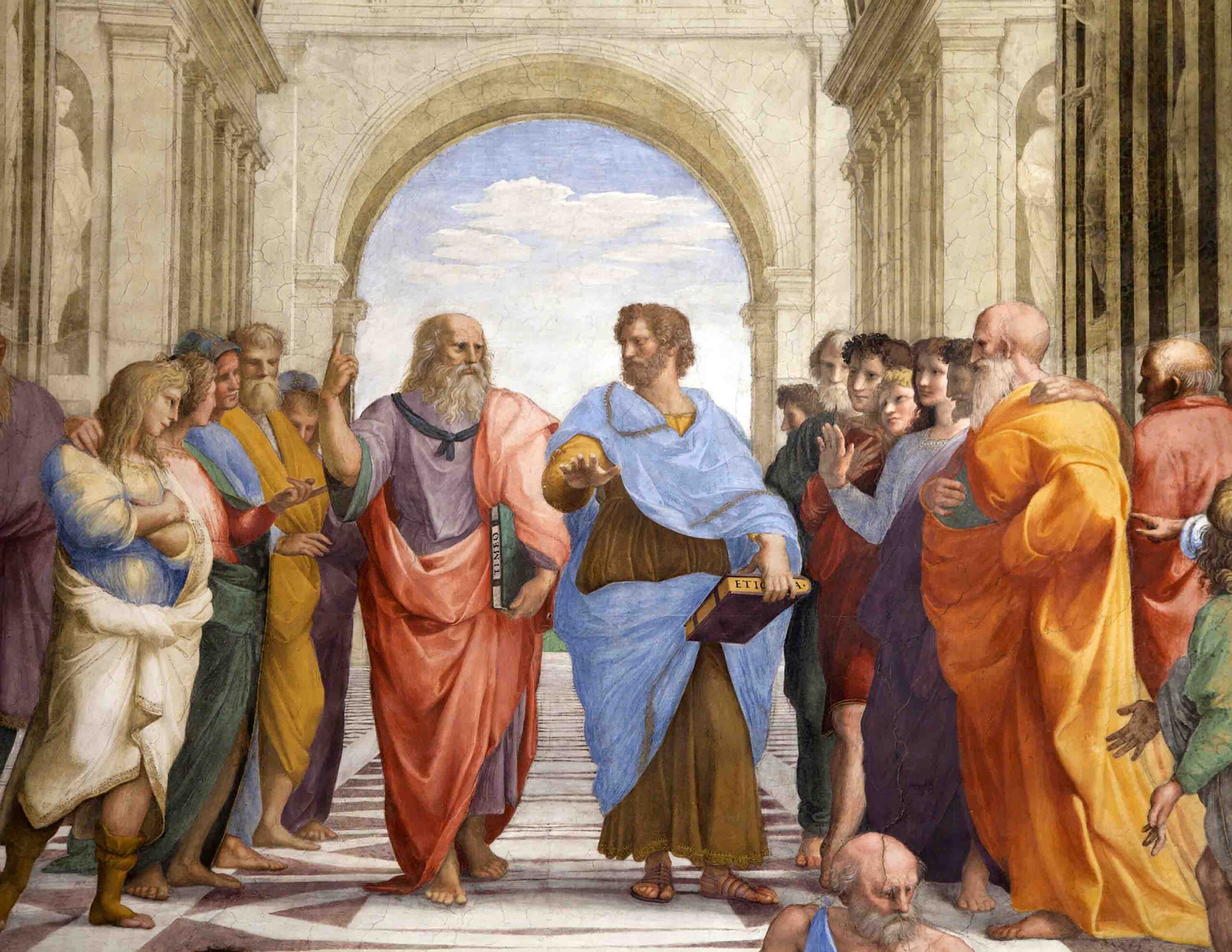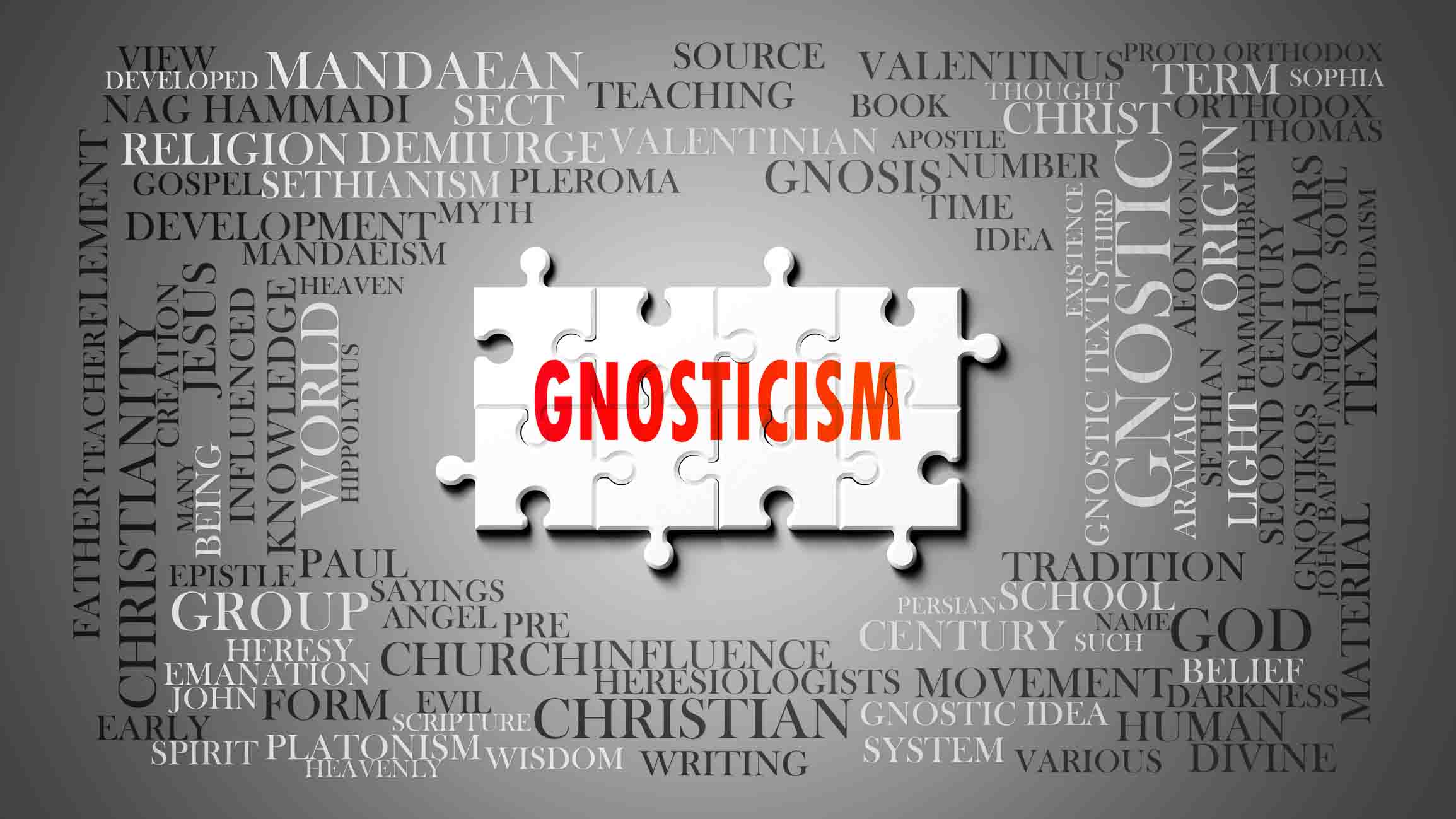Paul of Tarsus is the unique icon I would like to place before you in relation to evangelization. In the early Church, there was none like him in the field of sharing the Gospel. He preached in great cities, he preached in little towns, he preached in synagogues, marketplaces, private houses, on the seashore, while on journey, while standing in court, while confined in prison, while shipwrecked on an island. “And how terrible it would be for me,” he said, “If I did not preach the Gospel” (1 Corinthians, 9:16). “I have complete confidence in the Gospel” (Romans, 1:16).
His contribution to Christian expansion is too well known to need restatement. But I would like to draw your attention to another dimension of his personality: he was a bridge-builder between the civilizations of Asia and Europe; in fact, he formed a bridge between cultures, races, human family streams. He had absolute sympathy with human nature in all its varied manifestations.
He was open to diverse communities, differing ways, habits, customs, attitudes, patterns of thought, and styles of organization. Cosmopolitan in outlook and of unlimited versatility and breadth of vision, Paul was able to come on the wavelength of the Jews, Greeks, and Romans, barbarians, rabbis, philosophers, army men, jailers, businessmen, and women. His images were taken from feverish city life, scenes of intense human energy: soldier in armour, athlete in the arena, triumphant procession of victorious generals. Paul is the model evangelizer for a globalized world.
It was the call of Europe that Paul recognized in the Macedonian’s voice. It was not the cry of an individual, but of a whole population, an entire civilization. And he hearkened. He addressed the Gospel to an entire society, and he was eminently successful.
In this endeavour, he remained totally true to his original identity as a Jew at every stage (Romans, 4:1; 9:3; 11:1; 1 Corinthians, 10:1; 2 Corinthians, 11:22; Philippians, 3:4-6; Acts, 21:39; 22:3; 23:1.6). But he had another identity as well. The Semitic Saul was also Roman Paul. When he claimed to be the apostle of the gentiles, in practical terms it meant being an apostle to the Roman world (Acts, 9:15; 13:47; 18:6; 22:21; 26:17.23; Romans, 1:13; 11:13; 15:16; Galatians, 1:16; 2:1-10; Ephesians, 3:1.8; 1 Timothy, 2:7; 2 Timothy, 1:11).
TRULY ASIAN AND CHRISTIAN
The evangelizer on this continent today should be truly Asian and deeply Christian. Being truly Asian does not mean using aggressive language to defend Asia’s interests, much less taking aggressive postures. It does not mean revelling in exaggerated forms of nationalism, which unfortunately finds even a theological expression not entirely in good taste.
Being authentically Asian means addressing the core concerns of the Asian people: not merely being attentive to the fads and fashions of the day, but to the millennial longings of millions of Asians. A genuine evangelizer identifies himself with the deepest aspirations of his people and radically commits himself to their fulfilment.
Paul was born in Tarsus (Acts, 21:39; 22:3); but he was proud to be a Roman citizen (Acts, 16:37-39; 22:24-30; 25:9-12). He was proud of the Empire (Romans, 13:1-5; 1 Timothy, 2:1-3). He was immersed in Greek and Roman thought. He had benefited from the intellectual ferment of Tarsus, a University city, where ideas clashed and stimulated progress of thought. He had been exposed to Stoic and Epicurean philosophies.
It is only an evangelizer rooted in the ancient wisdom and spiritual traditions of Asia and capable of building on the native resources of his people who will effectively address the Gospel to Asian people. But he/she must equally be open to fresh ideas from anywhere else in the world. “Let noble thoughts come to us from every side”, said an ancient Indian (Rigveda I, 89, 1). Paul said “I take every thought captive and make it obey Christ” (2 Corinthians, 10:5).
THE NEED FOR BRIDGE-BUILDERS
In Paul, the two distinct identities found perfect harmony. Today, we need evangelizers who can act as bridge-builders between thoughts, ideologies, philosophies, and civilizations. We are not living in an era of merely a brisk exchange of goods and tariff wars, but an intense exchange of ideas.
Civilizations are in dialogue. Interests clash. Inflated egos of countries and communities collide. Self-interest dominates the scene. Ideologies are formulated to camouflage partisan interests. Words of peace often hide aggressive intent. This is the time when people are open to a message offered in sincerity of purpose for the emergence of a new phase in human history. This is the time to bypass peripherals and get close to the centre; to ignore the market’s call and move to the heart of human affairs; to seek access to the inner chambers of Eastern religious earnestness and whisper the Gospel to the soul of Asia.








